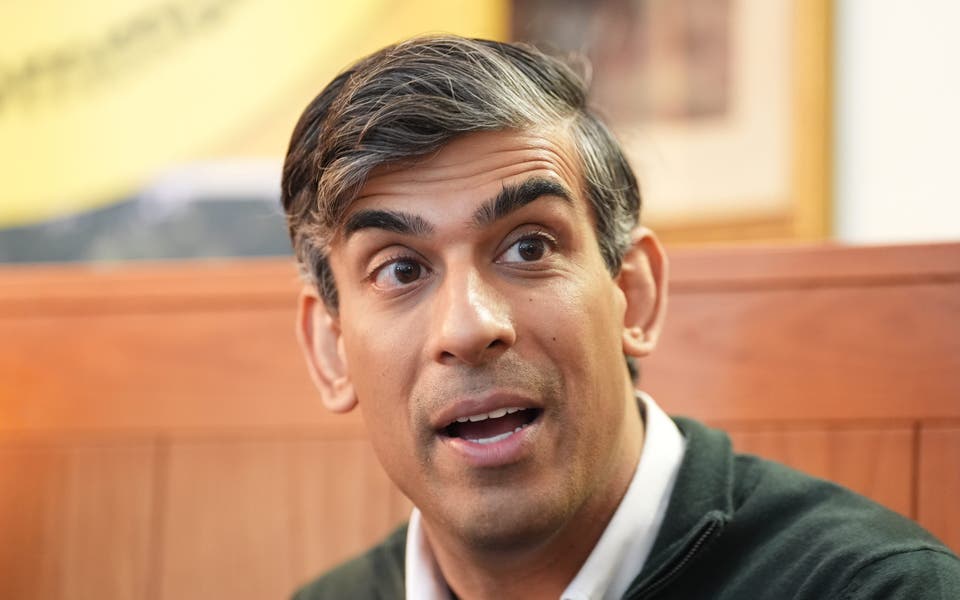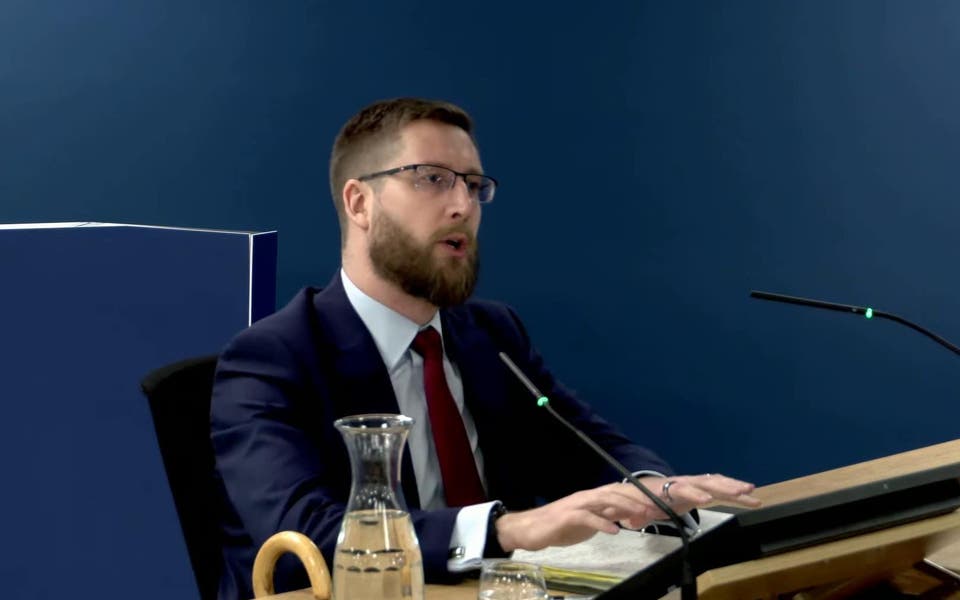FirstGroup boss points to TfL and the Elizabeth Line for signals on rail nationalisation
The boss of FirstGroup has pointed to London for signs on how its future might work as the UK’s biggest public transport company faces the potential nationalisation of the railways after the general election.
Graham Sutherland backed the way Transport for London blends public control of its network with services operated by the private sector as First reported a rise in passenger numbers and profits.
“Any concerns around existing national rail contracts could be resolved with a concession-type agreement that TfL runs”, he told the Standard.
“We think that gives public control and holds the private sector to account on service levels and that is a good model. TfL are bidding the Elizabeth Line at the moment on a similar contract. We do think the government could learn something from that.”
Labour has pledged to re-nationalise the railway within the first term of any government it forms.
With polling day under a month away, private transport companies are faced with their existing franchises to operate trains being run down. First runs the Great Western line linking London Paddington with Wales and the West Country and the South West Trains commuter lines in an out of Waterloo, London’s busiest mainline station.
These are the national contracts held with the government that will not be renewed under Labour’s existing plans, which may be updated in this week’s manifesto. But there are also so-called “open access” services which add to capacity on other lines, which are expected to continue after nationalisation.
First runs two such services – Hull Trains and Lumo – out of Kings Cross. Lumo already runs to Newcastle and Edinburgh and there are plans to extend it to Glasgow.
“We’ve had a lot of positive feedback from both parties, particularly the Labour Party, on open access rail and what it does”, said Sutherland, adding:
“What we’ve been doing over the last six months is looking a ways of expanding that business. So we’;ve made a number of applications… [including] looking at putting extra paths into London on Hull Trains and Lumo. If we get all of those approved … that would probably double the capacity of our existing open access business.”
Read More
Sutherland, in the top job at First for around two years, worked previously CEO of BT’s Business and Public Sector division, giving him experience of dealing with government.
He says nationalisation “is clearly a challenge”, and “if Labour are elected next month, we expect them to follow through on what they’ve said. We’ve taken action to reduce risk and I think we’ve made a lot of progress. Even if contracts are nationalised, it will play out over a number of financial years, we have time to further diversify our earnings.”
The FTSE 250 firm reported adjusting operating profit of £204.3 million in the 53 weeks to March 30, up from £161 million a year earlier. Group revenue slipped to £4.72 billion from £4.76 billion.
Its bus operations moved revenue up over the £1 billion mark, up 12% to £1.01 billion – helped by the simplicity brought by a national £2 fare cap in England, which was extended to the end of the year. Total passenger revenue increased by over £100 million to £769.1 millon, with revenue per mile up by 13%



